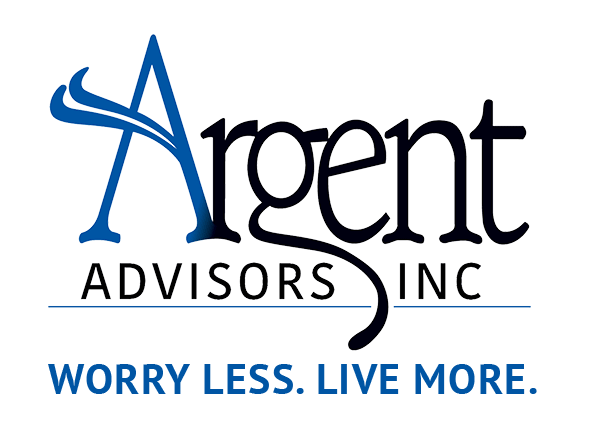Retiring with More Than Enough
Sometimes people come to see me as they’re approaching retirement and as far as they can tell, they’ve got more than they need for retirement.
And, if that’s the case, what do I tell them?
Well first, I tell them, “Congratulations. It looks like you’ve done a great job of preparing for your retirement.”
Now, many soon-to-be retirees head for the last day of work like a marathoner sprinting those last few yards of a 26.2 mile race. Just remember that retirement really isn’t the finish line. It’s simply a transition point in the race. To switch athletic metaphors on you, it’s not the end of the game, it’s just half-time. So, a few things to keep in mind…
1. Be certain. You’ve never retired before. You’ve been spending most of your time and energy on work. Now I really do believe you when you tell me that you’ve got enough money to live on. But that’s to live the lifestyle that you were living while you were working.
What about when you retire? With all that extra time and flexibility on your hands, will you want to, say, travel more? Go see the grandkids? Develop a new hobby?
Before you make any other decisions about what to do with your “extra” money, be certain that you won’t want to spend some of it on newfound interests once you retire.
2. Be careful. You didn’t get to this place of financial security on the eve of your retirement by being financially sloppy. Obviously, you’ve saved, you’ve watched expenses, you’ve lived within your means and you’ve worked hard to get here.
Well, there’s no need to be paranoid, but don’t drop your guard either. If you were sued, do you have enough liability insurance coverage? If you got sick, what about the things that Medicare won’t pay for? If you need long-term care, will the cost drain your accounts? If you died before your spouse, would she be protected from bad actors looking to prey on her grief?
Make sure that your wealth is protected against life’s calamities by reviewing and updating all of your legal, financial and insurance plans with appropriate experts.
3. Be caring. Assuming you don’t spend all of your money, and you’ve protected your assets from outside eroding factors, you now get to ask yourself kind of a fun question. “Who or what do I care about? And in what proportions?”
If you have children, most likely the answer to that question is your children. Unless, of course, you’ve got GRAND children – the only perfect human beings ever yet to be born!
But that doesn’t describe everyone. What if you have no children or other family to whom you’re close? If that’s the case, ask yourself what causes or charities that you care deeply about and would want to make an impact on.
4. Be creative. Here’s where the planning comes in. Be on the lookout for creative ways to accomplish the previously mentioned purposes with greater simplicity or security or even efficiency.
Let me give you an example: suppose that you’ve got a retirement plan with a large balance that you just might not ever spend. Well if that’s the case, I know two things: one, when you turn 72, the IRS is going to require you to take very specific distributions from the plan every year, so you’ll begin to pay taxes on the balance. And if you don’t take those distributions on time, there’s a penalty of fifty (yes, I did say “fifty” 5-0) percent penalty on any money you should have taken out and then you also pay the taxes that are due. Second thing to remember about that lump sum of money in a retirement plan is that after you and your spouse are gone, your heirs are going to have to pay taxes on whatever is left over in the previously untaxed balances in those retirement plans.
If you aren’t going to spend the money now in your retirement plan, and you want to eventually leave it to the kids, why not take those required distributions that the government’s going to make you take and just buy enough life insurance on yourself or your spouse to pay the taxes that are going to be due when you’re gone? That way the kids will inherit all of the money, not just the after-tax portion.
Now, that’s not an idea that is going to apply to everyone, maybe not even to most people. I simply mention it as an example of creative, out-of-the-box thinking that you might want to engage in. The idea is to take the specific facts of your situation and see what else is possible. The creative possibilities are endless.
So, enjoy your retirement to the full. And make it even more enjoyable with the knowledge that whatever you leave behind goes to whom you wish when you wish.
And nowhere else.
Offering you Wisdom on Wealth, I’m Byron Moore.
Argent Advisors, Inc. is an SEC-registered investment adviser. A copy of our current written disclosure statement discussing our advisory services and fees is available upon request. Please See Important Disclosure Information here.

